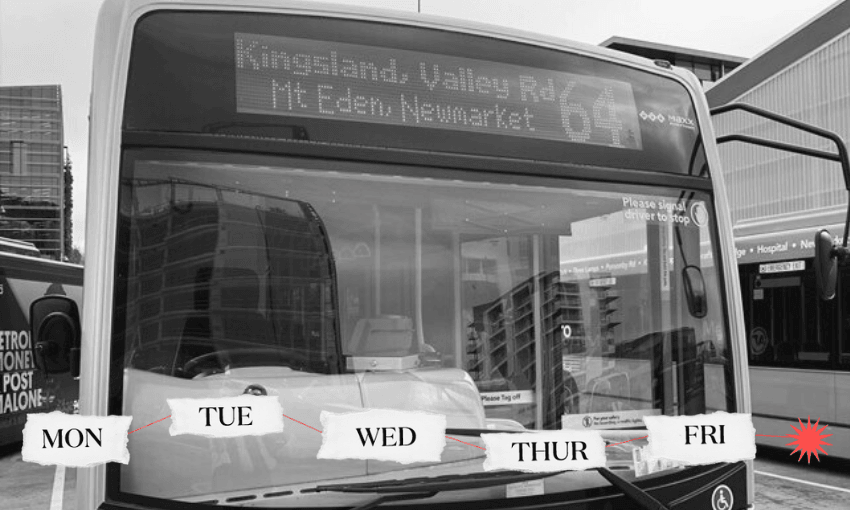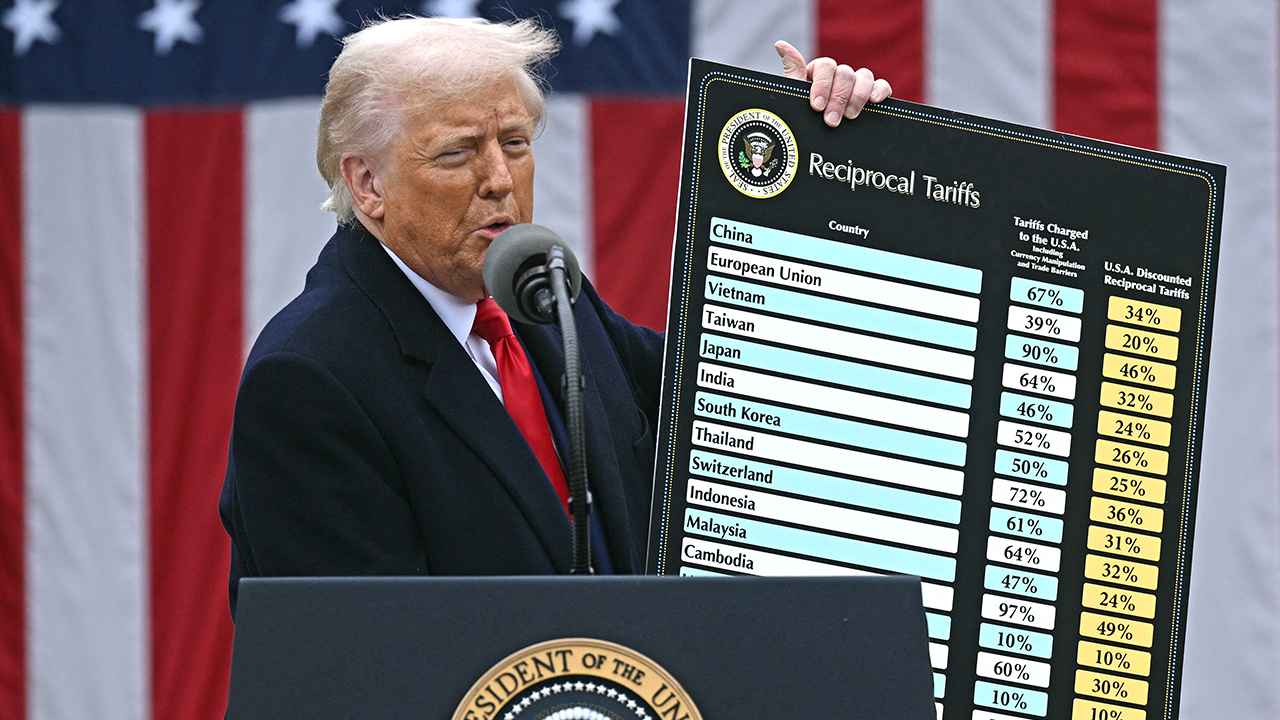New laws addressing the lack of competition and power imbalance in the grocery industry are a step closer to taking effect.
The Grocery Industry Competition Bill had its third and final reading on Wednesday evening. The bill seeks to improve competition and efficiency in the grocery sector, through a string of new measures, including the establishment of a grocery commissioner at the Commerce Commission to oversee supermarkets’ conduct and encourage competition.
A market study by the Commerce Commission two years ago found that the grocery industry was dominated by a duopoly of Foodstuffs and Woolworths, the operators of Pak’nSave, New World and Countdown stores, with consumers routinely getting an unfair deal at the supermarket checkouts due to lack of significant competition.
The two supermarket operators were found to be making more than $1 million a day in excess profit.
Grocery food prices increased by 12.7% in May, meanwhile fruit and vegetables prices increased by 18.4%, restaurant meals and ready-to-eat food prices increased by 8.7% and meat, poultry, and fish prices increased by 11.7%.
The Government first fleshed out its plan to improve supermarket competition in August last year to ultimately push down the price of groceries, and began working on a regulatory framework to make big supermarket companies, like Foodstuffs and Woolworths, provide wholesale goods to competitors at a fair price.
It has also introduced the Commerce (Grocery Sector Covenants) Amendment Act, which came into force in June last year, to stop supermarkets from restricting competitors setting up shop on nearby land.
Stuff
Food prices were 12.1% higher in May, pushed up by higher prices of fresh fruit and vegetables.
Commerce and Consumer Affairs minister Duncan Webb said the new Grocery Industry Competition Bill would enable a more level playing field for smaller retailers and new market entrants in the sector, allowing them to source and sell a wider range of groceries at better prices.
Webb said when the bill passed, Government would “move quickly” to implement changes and announce a start date of the grocery commissioner.
He said the government had already done the groundwork to enable changes to be implemented as soon as possible, including by requiring major grocery retailers to open wholesale offerings so other grocery retailers had direct access to a range of wholesale groceries at competitive prices.
It had also established a Grocery Supply Code, currently seeking feedback, to address the imbalance in power between retailers and suppliers, encourage entry and expansion of grocery retailers into the market and protect suppliers from the negotiating advantage of the current market duopoly.
Alongside that, it was establishing a dispute resolution scheme and introducing unit pricing so that people knew what they were paying for.
“In the long-term, consumers will benefit from more choice of where to shop for their groceries. Giving consumers the power of choice will push retailers to provide the best deals possible and bring new grocery services and products to the market,” Webb said on Wednesday.
“Cost of living is a central issue we’re focused on. We’ve used the knowledge gained from market studies to create meaningful change in the interest of Kiwis,” he said.
“Grocery competitors have entered the market and the two major chains have publicly announced that they’ve set up wholesale business units.
“Increased competition will take time. We’re establishing the conditions to ensure change happens.”




















Discussion about this post